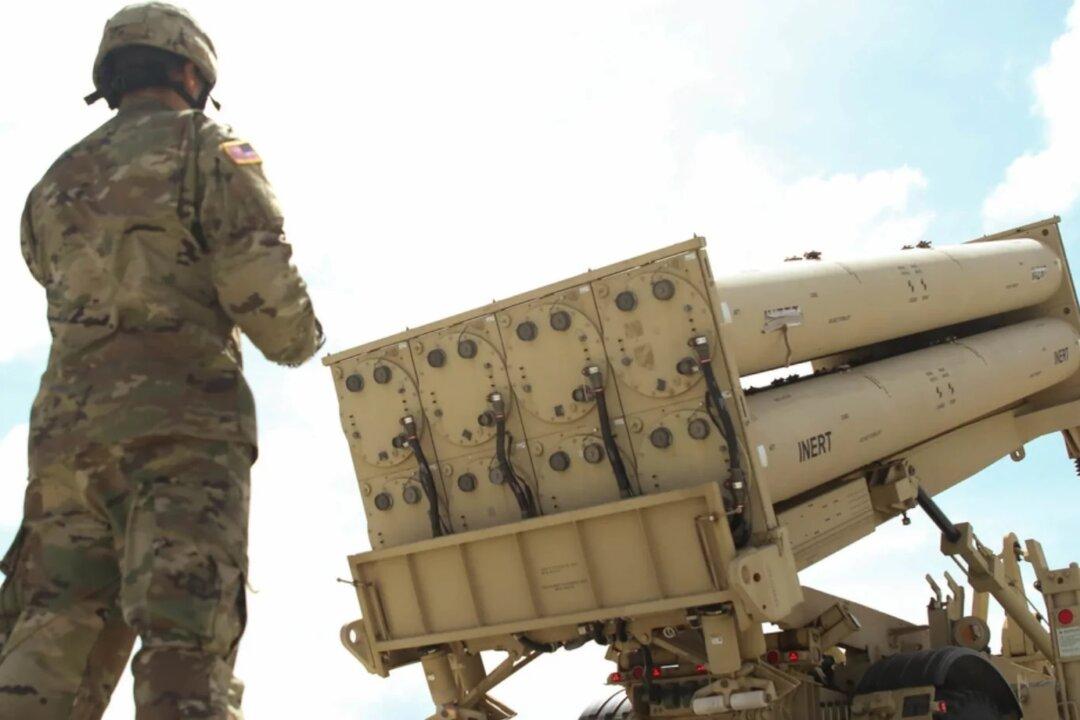James Moylan, the Republican delegate to the U.S. House from Guam, is stepping up pressure for Congress and the U.S. military to bolster the Pacific island nation’s defenses against a potential missile attack in a hypothetical future war with China.
On Nov. 16, Del. Moylan told NTD’s “Capitol Report” that he remains “very concerned” about Guam’s defensive posture in the face of advanced new weapons being developed by China’s People’s Liberation Army.






